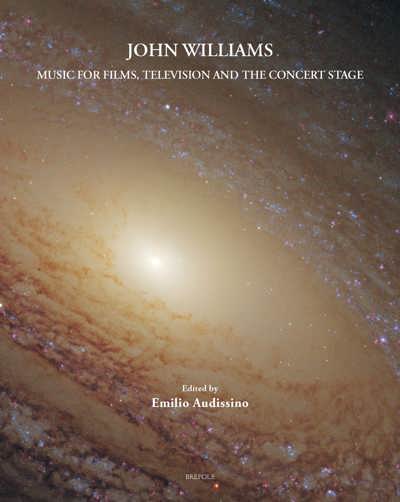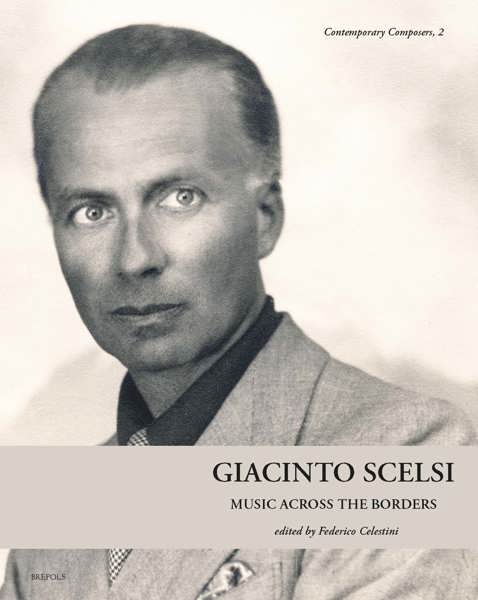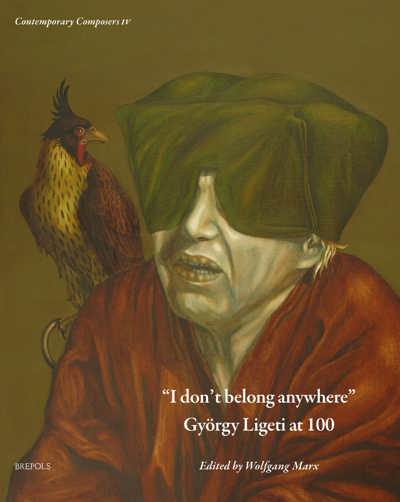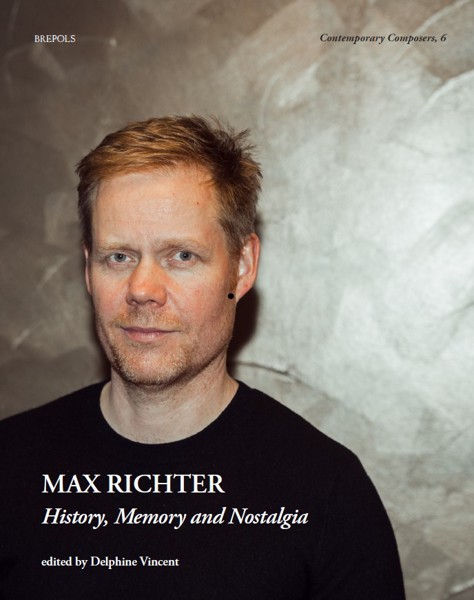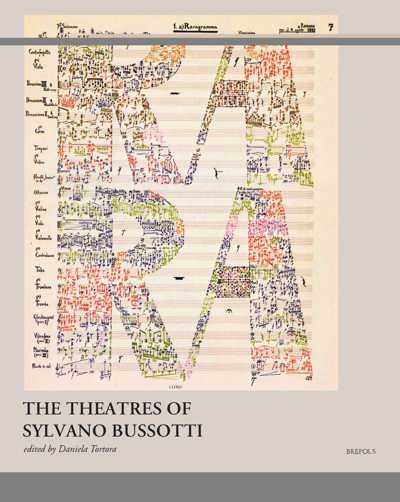
- Pages: xxiv + 440 p.
- Size:220 x 280 mm
- Illustrations:70 tables b/w.
- Language(s):English
- Publication Year:2018
- € 115,00 EXCL. VAT RETAIL PRICE
- ISBN: 978-2-503-58034-0
- Hardback
- Temporarily Out of Stock
This volume is a large exploration of the many sides of Williams's output.
Emilio Audissino (University of Southampton, UK) is a film scholar and film musicologist. Dr Audissino's main research interests are Hollywood and Italian cinema, film style and technique, horror and comedy, film analysis, and sound and music in films. His book Film/Music Analysis. A Film Studies Approach (2017) concerns a method to analyse music in films that blends Neoformalism, Gestalt Psychology, and Leonard Meyer's musicology. A John Williams specialist, he is the author of John Williams's Film Music: 'Jaws', 'Star Wars', 'Raiders of the Lost Ark' and the Return of the Classical Hollywood Music Style (2014), the first book in English on the composer.
Once mostly considered a commercial composer and a mere rewriter of previous composers’ styles, only recently Williams’ music has begun to be taken seriously, and scholars from the music and the film departments have begun to produce research in the form of books, journal articles, conference papers, and Ph.D. theses. The present volume seeks to build upon, complement and review what has been written so far on Williams. This volume is a large exploration of the many sides of Williams's output, aimed at showing the range of his production (not merely focussing on film music) and at analysing the depth of his dramaturgic and compositional skills with selected case studies. To accomplish this exploration – which has not the pretence of exhaustiveness but certainly that of being an accurate survey possessing both latitude and depth – a large team of international scholars has been assembled from all around the world. The contributors come from film, media and music departments – to provide a variety of disciplinary perspectives on Williams's work.
Emilio Audissino, Introduction: John Williams, Composer
John Williams and the Musical Landscapes: Film, Television, Jazz, and Concert Halls
Mervyn Cooke, A New Symphonism for a New Hollywood: The Musical Language of John Williams’s Film Scores
Paula Musegades, John Williams: Television Composer
Ryan Patrick Jones,"Catch as Catch Can": Jazz, John Williams, & Popular Music Allusion
Emile Wennekes, No Sharks, No Stars, Just Idiomatic Scoring and Sounding Engagement: John Williams as a ‘Classical’ Composer
Sebastian Stoppe, John Williams’s Film Music in the Concert Halls
The Williams Touch: Style and Musical Dramaturgy
Mark Richards, The Use of Variation in John Williams’s Film Music Themes
Frank Lehman, The Themes of Star Wars: Catalogue and Commentary
Ian Sapiro, Star Scores: Orchestration and the Sound of John Williams’s Film Music
Nicholas Kmet, Orchestration Transformation: Examining Differences in the Instrumental and Thematic Colour Palettes of the Star Wars Trilogies
Joakim Tillman, The Villain’s March Topic in John Williams’s Film Music
Jamie Lynn Webster, Musical Dramaturgy and Stylistic Changes in John Williams’s Harry Potter Trilogy
Case Studies
Laura Anderson, Sounding an Irish Childhood: John Williams’s Score for Angela’s Ashes
Chloé Huvet, John Williams and Sound Design: Shaping the Audiovisual World of E. T.: The Extra-Terrestrial
David Ireland, «Today I’m Hearing with New Ears»: John Williams’s Use of Audiovisual Incongruence to Convey Character Perspective in Munich and Spielberg’s Historical Films
Irena Paulus, John Williams and the Musical Avant-garde: The Score for War of the Worlds
Tom Schneller, Out of Darkness: John Williams’s Violin Concerto
Stefan Swanson, Happily Never After: Williams’s Musical Exploration of the ‘Controversial’ Ending to A. I.: Artificial Intelligence
The Performer’s Viewpoint
Emilio Audissino & Frank Lehman, John Williams Seen from the Podium: An Interview with Maestro Keith Lockhart
Maurizio Caschetto, John Williams Seen from the Piano: An Interview with Maestro Simone Pedroni
Abstracts and Biographies
Index of Names
